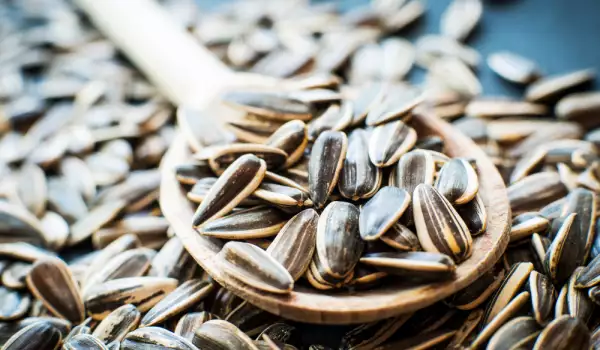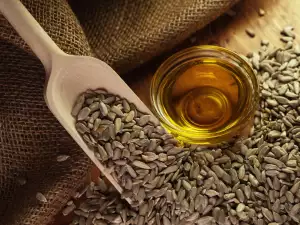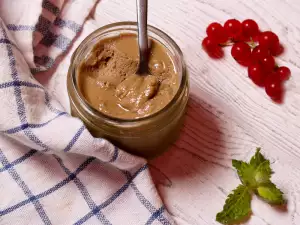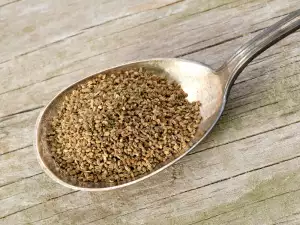Sunflower seeds are popular all over the world and are added to multigrain bread, healthy breakfast bars, snacks and more. They are rich in healthy fats, vitamins and minerals. These nutrients in your daily diet are important for reducing your risk of common health problems, including heart disease and type 2 diabetes.
There are many reasons why sunflower seeds should be on our menu more often. Nutritionist Mikhail Ginzburg emphasizes the useful properties of seeds. According to the expert, this product is useful for strengthening the nervous system, maintaining the functions of the heart, as well as for the beauty of the skin, nails and hair.
Sunflower seeds are extremely rich in magnesium, which has a calming effect on the central nervous system and is calming. Sunflower oil contains a lot of vitamin E, which is an antioxidant that protects the inner wall of blood vessels from atherosclerotic damage.
The effect on the health of the skin, hair and nails is explained by the high content of selenium in the seeds. Selenium is an extremely important mineral not only for hair, skin, nails, but also for the cardiovascular system.
In addition, sunflower seeds are a good source of beneficial plant compounds, including phenolic acids and flavonoids, which function as antioxidants.

When sunflower seeds germinate, this germination reduces factors that can interfere with mineral absorption. You can buy sprouted dried sunflower seeds online or in some stores.
Although rich in nutrients, sunflower seeds are relatively high in calories.
Eating unpeeled seeds is an easy way to cheat the appetite. This will slow down your appetite and calorie intake as you snack, as it takes time peel every seed.
However, if you're watching your salt intake, be aware that the shells (which people usually suck on before opening them) are often loaded with sodium. The sodium content may not be obvious if the label only provides nutritional information for the edible part — the seeds. Some brands sell reduced-sodium versions.
Although allergies to sunflower seeds are relatively uncommon, some cases have been reported. Reactions may include asthma, swelling of the mouth, itchy mouth, hay fever, skin rashes, lesions, vomiting and anaphylaxis.

Allergens are to different proteins in the seeds.
Sunflower seed oil can be just as allergenic as whole seeds. Refined sunflower oil is much less likely to contain enough of the allergenic proteins, but in rare cases, highly sensitive people have had reactions to trace amounts in the oil.
With sunflower seeds you can prepare various snacks and crackers, which will become more healthy and nutritious.



















Comments